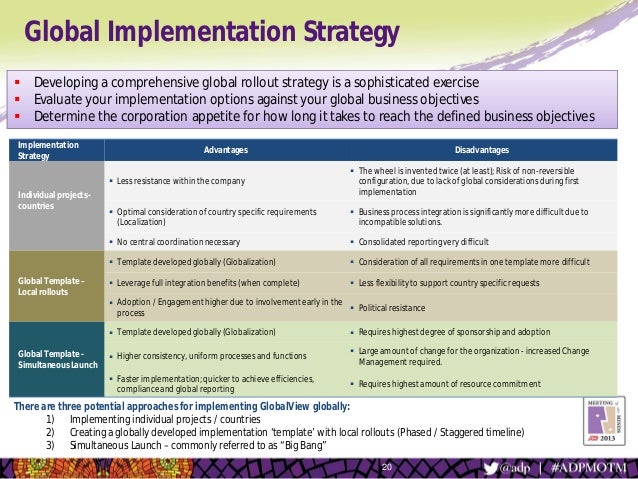Rollout option strategy
Every options trading scenario is different. Sometimes, however, your position might need some fine-tuning in order to achieve its maximum potential.

Here, we'll discuss different methods for rolling options, whether you're looking to adjust your position out, up, or down. For example, you might sell to close a January 50 call, and simultaneously buy to open a March 50 call.
There are two scenarios where it makes sense to roll out.
Rolling Options Out, Up, and Down
In the first, you've pinpointed a winning options strategy, and you feel confident the directional move will continue to play out in your favor. By taking profits on the shorter-term trade and simultaneously initiating the longer-term trade, you're positioned to keep gaining from a prolonged move in your favor.
In the second, you still feel confident in your original prediction for the stock -- but you've decided that more time is necessary for the trade to play out as you expect.
The Right Way To Buy Options - Long Vertical SpreadIn this instance, you're essentially buying more time for the shares to live up to your expectations. In both cases, rolling out should be approached with caution. Under the first scenario, be certain that the outlook for the stock continues to support your trade thesis, and that you're not simply getting greedy after a healthy winner. In the second example, again -- reexamine your rationale for the trade.
Does the stock simply need a few more weeks to move in your favor, or is it time to admit that your initial analysis may have been off-base?
If you've played a call option and the stock makes a quick, dramatic move in your favor, rolling up is a way to raise the bullish stakes: In this way, you've locked in some gains on your initial trade, and you've also acquired some fresh leverage to profit from a continued move higher.

You may also decide to roll up if you've written a covered call, and the stock has made a move higher that puts you at risk of potential assignment. The existing short option will be bought to close, while a higher-strike call will be sold to open. In the best-case scenario, the credits received from the sold calls at both the original strike and the "rolled up" strike will be sufficient to offset your buy-to-close costs and any additional brokerage fees and commissions.
Of course, these are a just a few examples, as there are other scenarios where rolling up may also make sense. For example, if you're selling puts on a stock to bet on technical support, and the stock has risen significantly above your selected strike, you might roll up to collect a higher premium.
Roll Forward
Inverting the example above, you may choose to roll down if you've purchased put options that returned significant gains in your favor shortly after they were initiated. By selling to close the in-the-money options and exchanging them for cheaper puts at a lower strike, you can capitalize on a continued move lower by the shares.
Alternately, you might roll down a short call position if the underlying stock is trending lower, or roll down a short put if the stock is dropping and you hope to avoid assignment. Any of the above tactics for rolling options can be combined to suit your needs.
Free 7 Day Trial
For example, if you'd like to extend a winning call trade, you might choose to roll the option up and out, selecting both a higher strike and a longer-dated series.
As indicated above, however, be sure that you're not rolling options to forestall an inevitable loss. If a trade is moving firmly against you, it's often best to simply close out the position and take your lumps. Otherwise, you run the risk of racking up additional transaction fees -- and potentially greater losses. MY ACCOUNT CONTACT US SEARCH.
ABOUT US NEWS AND ANALYSIS TRADING SERVICES OPTIONS EDUCATION BROKER CENTER 30 FREE TRADES. Rolling Options Out, Up, and Down Every options trading scenario is different.

Rolling Out "Rolling out" means that an expiring option position is being replaced with an identical trade in a later options series. Rolling Up "Rolling up" indicates that you're swapping out lower-strike options for contracts with a higher strike price.
Rolling Down "Rolling down" involves the closeout of a higher-strike option in exchange for a lower-strike option. One Final Note Any of the above tactics for rolling options can be combined to suit your needs. About Us Trading Services Contact Us Advertise with Us Sitemap Privacy Policy Additional Legal Notice.
Unauthorized reproduction of any SIR publication is strictly prohibited.